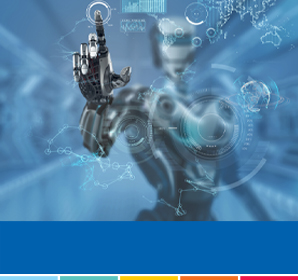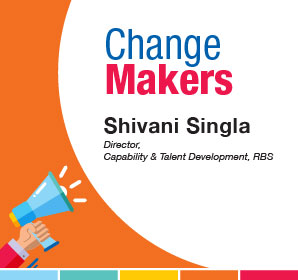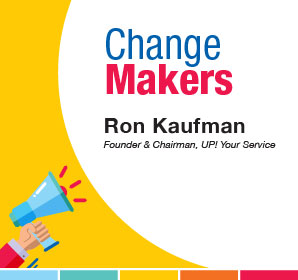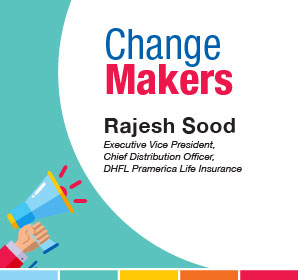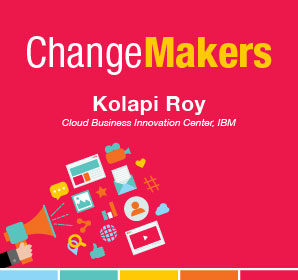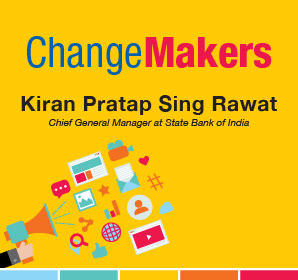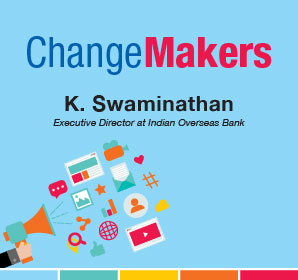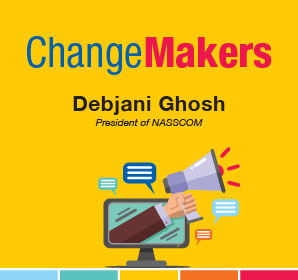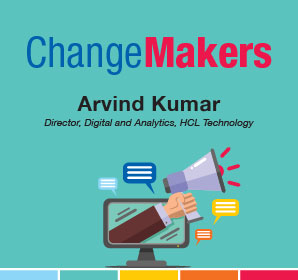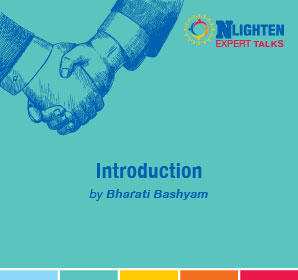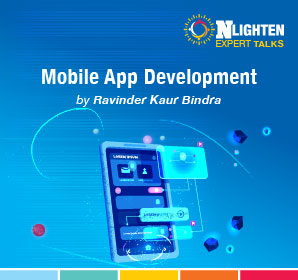This article is about Software Development
Software Engineering: Introduction, career, courses, and job opportunities
By NIIT Editorial
Published on 05/11/2020
6 minutes
Since the 1980s, software has been playing a central role in the advancement of technology.
National utilities and infrastructure—communications, energy, and transport—all rely on complex and reliable computer systems. Software has allowed man to explore space and to create the World Wide Web—the most significant information system in the history of humanity. These applications make software engineering critically important for the future of humanity on this planet. To understand this discipline better, let’s take a look at what this discipline encompasses and what it means to be a software engineer.
What is Software Engineering?
Software Engineering was born out of the need to simplify and streamline complex software development processes. Software development is a professional activity in which software is developed for business purposes, for inclusion in devices, or as software products such as information systems and computer-aided design systems. Professional software is intended for use by someone apart from its developer and is developed by large teams. Personal software focuses on building programs and is usually developed by individuals or developers for their own needs. Software engineering looks to support professional software development rather than individual programming.
The following merits of engineering illustrate its role in software development:
a) Engineers make things work. They apply theories, methods, and tools to the right situations. They always try to discover solutions to problems even when applicable theories or methods are absent
b) Engineers also come with a mind-set of working within organisational and financial constraints. They are, therefore, well-suited to look for solutions within these constraints. This often involves compromises—as things cannot always be perfect
c) Software Engineers adopt a systematic and planned approach to their work, as this is often the most effective way to produce high-quality software.
d) Engineering is also about selecting the most appropriate method for a set of circumstances. Therefore, a more creative, less formal approach to software development may be the right one for some kinds of projects
e) A more flexible software process that accommodates rapid change can be particularly appropriate for the development of interactive web-based systems and mobile apps requiring a blend of graphical design skills and software skills
Software engineering is, therefore, an engineering discipline that concerns itself with all aspects of software production. This includes the early stages of system specification through to maintenance of the system after it has gone into use. Software engineering includes technical processes of software development, along with activities such as software project management and development of methods, tools, and theories to support software development. In short, it is a systematic approach to software production. The approach takes into account practical cost, schedule, and dependability issues, along with the needs of software customers and clients.
The specific methods, tools, and techniques used depend on factors like:
a) the organisation developing the software
b) the software type
c) the people involved in the development process.
What does a Software Engineer do?
Software engineers combine business sense with programming know-how to design software application solutions for clients. They work with different platforms, such as the Internet, mobile devices, and desktop computers.
Practices in software engineering combine engineering, computing, project management, and software development. Software engineers manage a wide-ranging list of critical functions across broad knowledge areas, such as web and mobile applications, networking, data, embedded systems, security and systems administration. These critical functions cover the entire development process, which often includes analysis of business needs and usage, design, development, implementation, quality assurance testing, and product release.
In terms of a profession, a software engineer can fit into one of these two primary profiles:
a) Software or system developer - uses programming languages and frameworks to design and create systems that work in unison to improve technology and keep it functioning correctly.
b) Applications developer - Analyses the needs of a user to design and code software applications for different platforms like web, social media, and mobile.
How to Become a Software Engineer or Software Developer?
Software Engineers must have a background in Computer Science and Mathematical analysis to build a career in the field. A Bachelor's Degree and work experience are also essential qualifications for applying to different positions. There are many institutes offering suitable courses in software engineering for students. Some institutes provide admission to courses via application tests that are to be attempted by the student.
The Software Engineering Graduation Courses in India include:
a) B.Tech. (Software Engineering)
b) B.E. (Software Engineering)
c) B.Tech. (Computer Science & Software Engineering)
To apply to the above courses, candidates must have completed their 12th class in the science stream with Physics, Chemistry and Mathematics as the main subjects.
Some of the Software Engineering Entrance Tests held in the country are:
a) AIEEE
b) IIT-JEE
c) GATE
d) JET
Some employers may also prefer a Master’s Degree from candidates. After graduating, students can go for a Master’s Degree for applying to higher positions in companies. A Master’s Degree may also be required to conduct research work in companies.
Some of the postgraduate courses in Software Engineering are:
a) M.E. (Software Engineering)
b) M.Tech. (Software Engineering)
c) PhD (Software Engineering)
For Master’s Degree courses, a student must be a graduate in a software engineering (B.E./B.Tech.) course.
What are the career opportunities for a Software Engineer in India?
The Software and IT field is one of the top recruiters in both, India and Abroad. This means that there’s massive scope for IT and CS students, thanks to the growing number of IT industries. A variety of career options are available in the field of software engineering. Also, a lot of software engineering and software developer jobs are often up for grabs at reputable software companies. Software engineers are also in demand in the public sector.
After gaining good experience, one can also start their own software firm. Conversely, one can also work as a freelancer. Software engineers can work in public & private sector banks, schools, colleges & financial institutions. Software engineers can also choose to take up teaching as a profession. A Software Engineer may also run a consultancy to develop & repair software according to client requirements.
There’s a vast scope for software engineers not only in India but also in the global market. Some of the job titles/designations offered to software engineers are as follows:
a) Software Designer
b) Software Programmer
c) Software Executive
d) Project Manager
fe Information Systems Manager
What are the certification courses to learn software engineering?
NIIT has launched a new line of professionals programs to train the engineers of tomorrow. The advanced levels programs have been incentivized with NIIT’s signature placement assurance services:
PGP in Full Stack Software Engineering - If you want to be a software developer, then we recommend upgrading to a full-stack toolkit. This program has been co-created in association with NIIT’s acclaimed StackRoute division. Students will have the chance to acquire competencies like Core Java, RESTful API, Microservices, API management, and other in-demand agile development methodologies. Upon course completion, NIIT’s career support services will embark on a quest to land eligible students job offers with a minimum guarantee CTC of Rs. 5 LPA.
PGP in Full Stack Product Engineering - This is yet another state-of-the-art transformational program that comes with a minimum guarantee CTC of Rs. 7 LPA for eligible students. The focus is to create product managers capable of leading digital transformation projects from the start. Key competencies that students will learn include Polyglot persistence, DevOps, Cloud Deployment, Product development, Microservices, Multi-device capable UI, and much more. Delivered entirely online, through live, mentor-led classes, NIIT has already placed over 2000 product developers in the industry through this course. This job-assured program culminates in 22-weeks.
If you’re looking for a career track that can help you build a base in the field of technology on a global level, a software engineering career is one to consider. With the right education and experience, you can build a promising career in this field. To know more about software engineering, and its courses at NIIT, you can e-mail us at careercourses@niit.com or call us on +1 800 3000 6448.
PGP in Full Stack Product Engineering
Become an Industry-Ready StackRoute Certified Full Stack Product Engineer who can take up Product Development and Digital Transformation projects. Job Assured Program* with a minimum CTC of ₹7LPA*
Job Assured Program*
Easy Financing Options

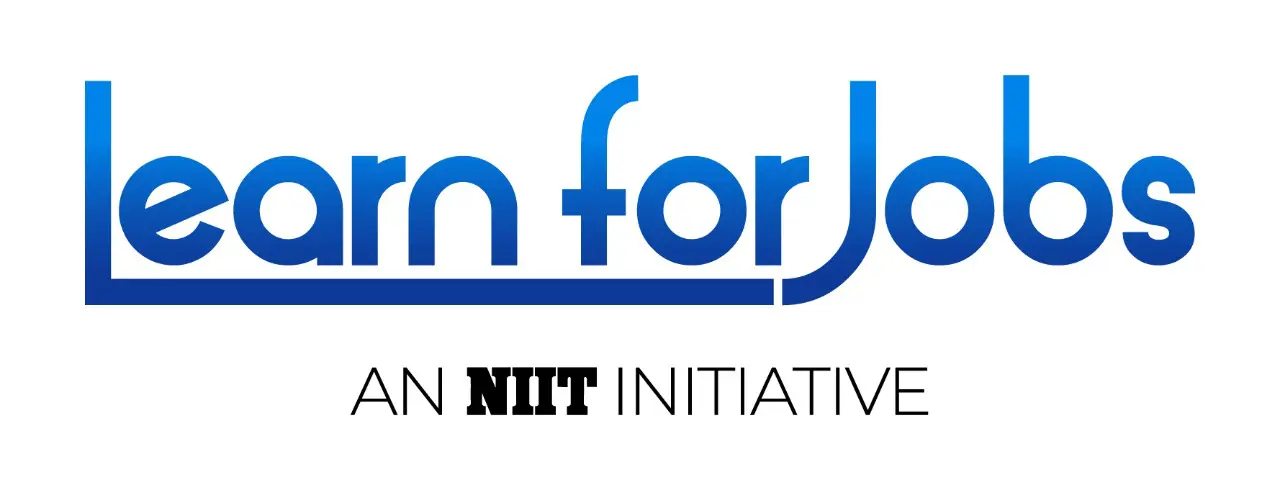
 Sign In
Sign In















































































































































































































































































































































